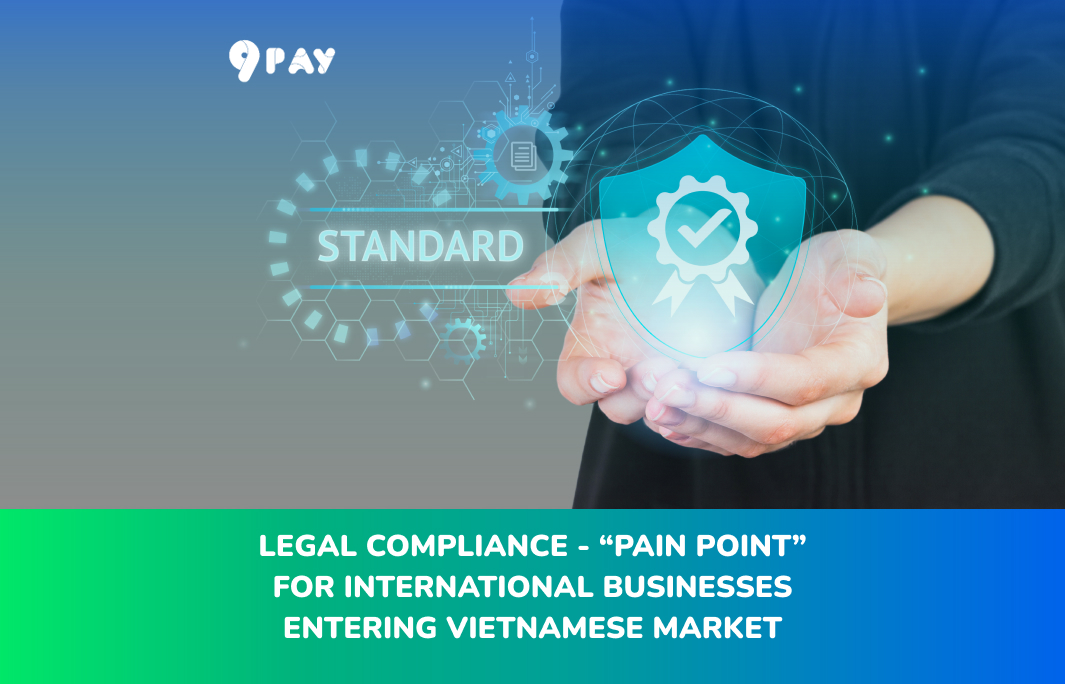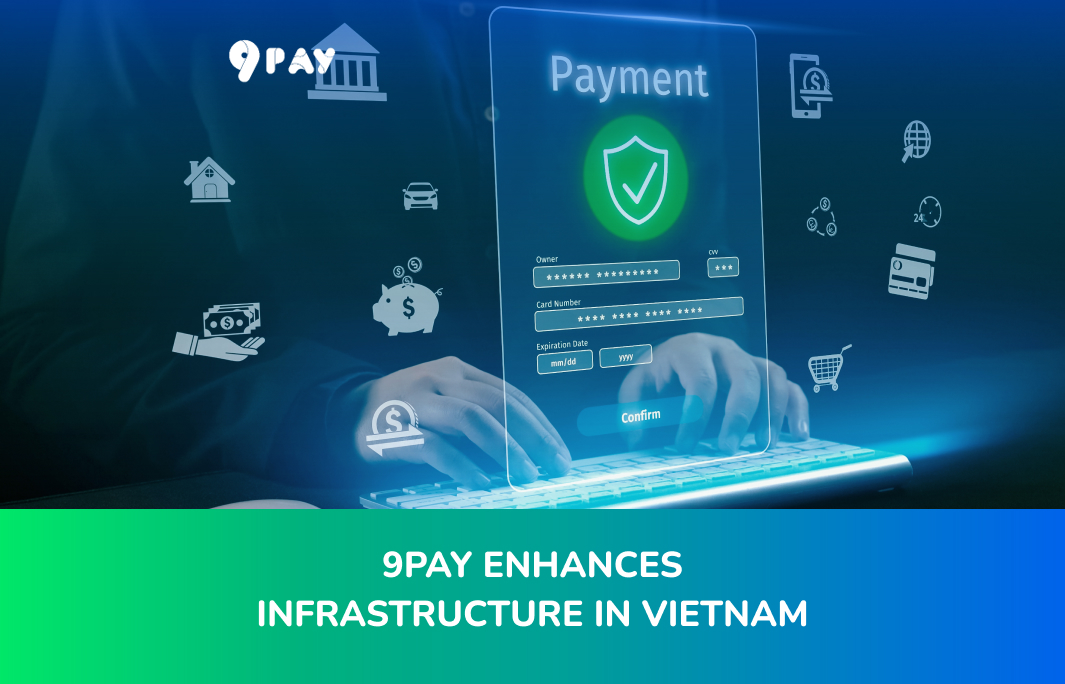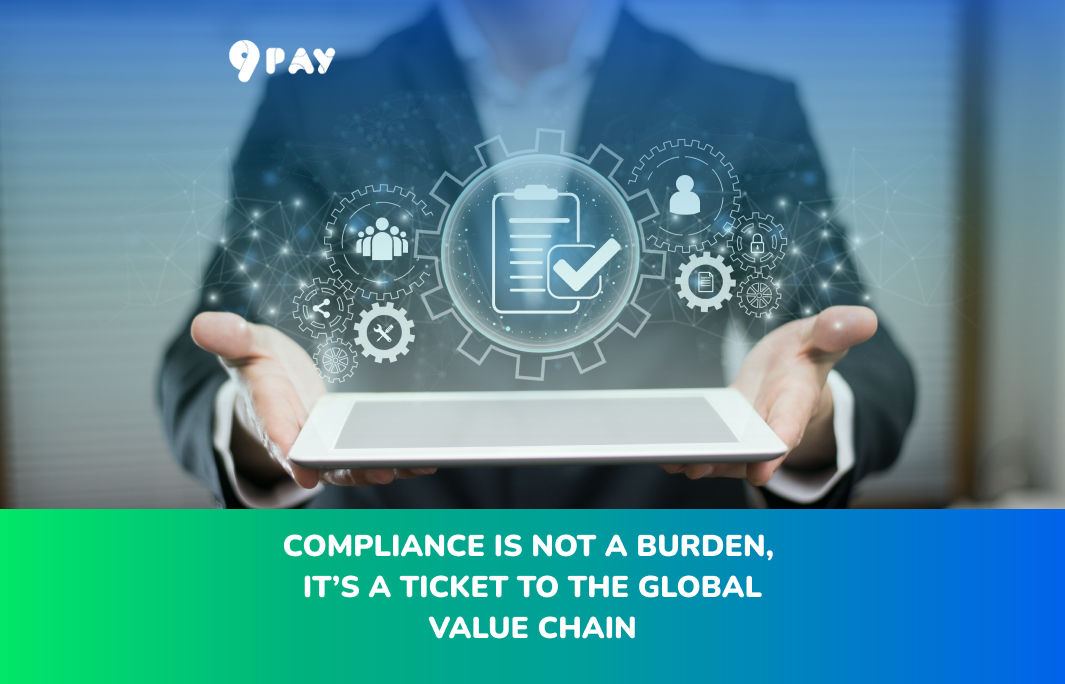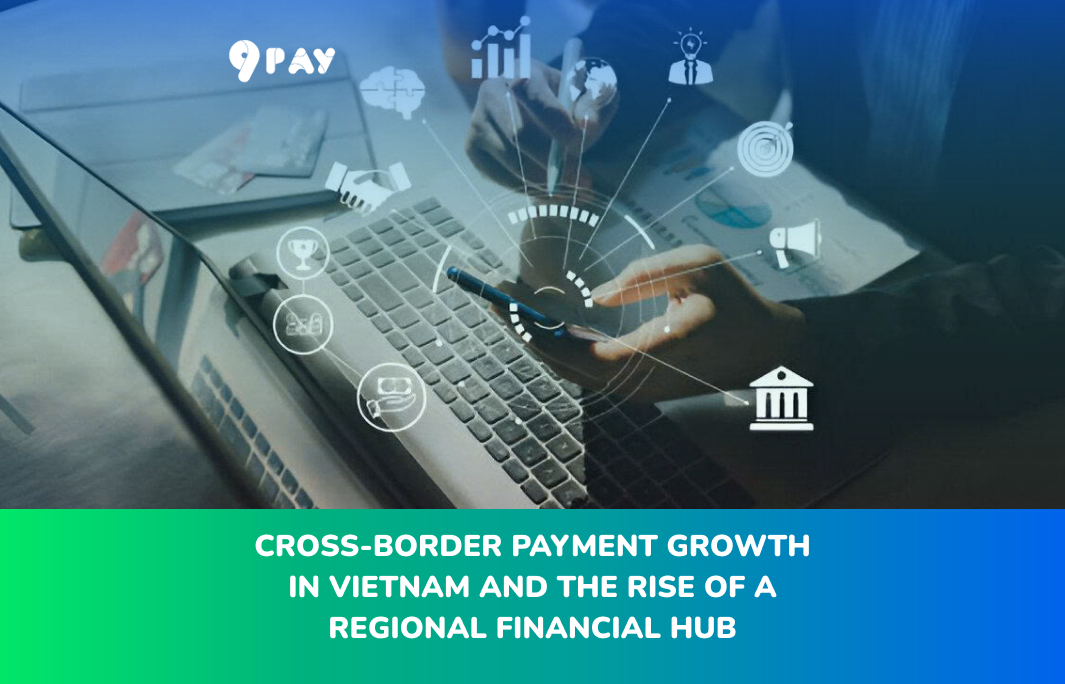Legal compliance - “Paint point” for international businesses entering Vietnamese market
Vietnam’s strong growth and expanding infrastructure attract foreign businesses in Southeast Asia, yet legal barriers remain a key concern.

With strong growth momentum and expanding infrastructure, Vietnam continues to be an attractive destination for foreign businesses looking to expand in Southeast Asia. However, legal barriers remain a major concern.
Reality and challenges faced by foreign businesses entering Vietnam
Despite continued optimism about the Vietnamese market, foreign enterprises still face significant legal hurdles that hinder market entry and long-term investment. Beyond market and cultural challenges, businesses must navigate a complex matrix of administrative procedures and legal regulations. Key concerns include:
Administrative procedures and documentation: Businesses must invest significant time and resources in handling a wide array of paperwork, from investment licenses and business registration to tax code applications, often encountering costly delays in approvals. Without a clear understanding of the relevant regulations and procedures, companies can easily become entangled in a web of bureaucratic red tape.
Complex tax system: Vietnam ranks among the top three countries with the fastest-changing tax laws, alongside India and Japan. Its tax system differs considerably from others. Understanding and complying with various tax types (corporate income tax, value-added tax, etc.), along with e-invoicing and tax reporting requirements, is a major challenge and a prerequisite for international businesses entering Vietnam. Even minor errors can result in severe penalties, causing financial losses and damaging corporate reputation.
Sector-specific regulations: Beyond general procedures and standards, each business sector in Vietnam has its own unique regulatory requirements. For example, a Vietnamese fintech company offering payment services must comply with regulations issued by the State Bank of Vietnam. Similarly, an e-commerce firm must understand laws related to personal data protection and cybersecurity. A lack of awareness can lead to legal violations, fines, and even forced exit from the market. In 2023 alone, more than 60% of fintech companies had to pay at least $250K in compliance-related fines (according to Alloy’s Annual State of Compliance Benchmark Report 2023).
In summary, the “pain” experienced by international businesses is not just inconvenience but also a tangible risk, including financial risk (from penalties), operational risk (from suspension), and reputational risk (from lost trust). That’s why foreign businesses increasingly seek a trusted local partner to help untangle regulatory knots and enable them to grow with confidence in Vietnam.
Choosing a local partner well-versed in Vietnamese law is a wise solution for international businesses
A reputable local partner acts as a bridge, helping international businesses comply with regulations accurately and transparently. When selecting a partner, key criteria should include experience, transparency, and the ability to meet international standards.
In the payments sector, 9Pay serves as a prime example of a “Made in Vietnam” fintech that meets all the criteria sought by foreign businesses entering the Vietnamese market. 9Pay not only offers comprehensive cross-border payment solutions that facilitate market access but also fulfills stringent international compliance standards such as PCI DSS Level 1, GlobalSign SSL, and AML. 9Pay’s cross-border remittance solution - 9Remit effectively addresses international businesses’ concerns regarding tax obligations in Vietnam, while also enabling legal, transparent, and rapid profit repatriation. With T+0 transaction time, businesses can initiate and receive transfers on the same day, significantly reducing processing time and enhancing cash flow efficiency.
With a team of experienced professionals, 9Pay provides not just services but also ongoing regulatory support for its partners. This professionalism and credibility help enhance Vietnam’s market appeal and provide a solid foundation for foreign partners to grow with confidence.








